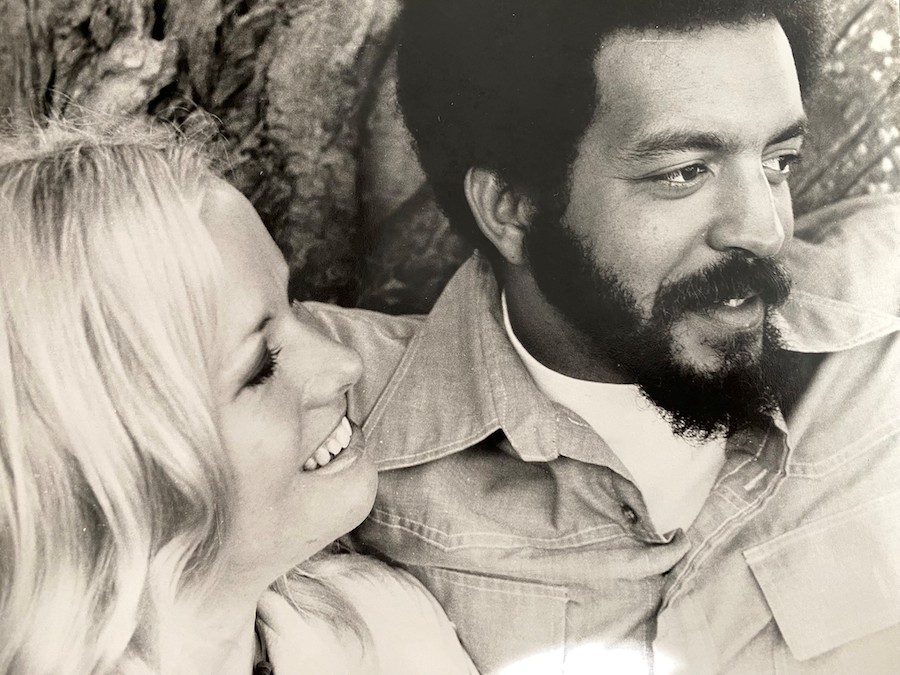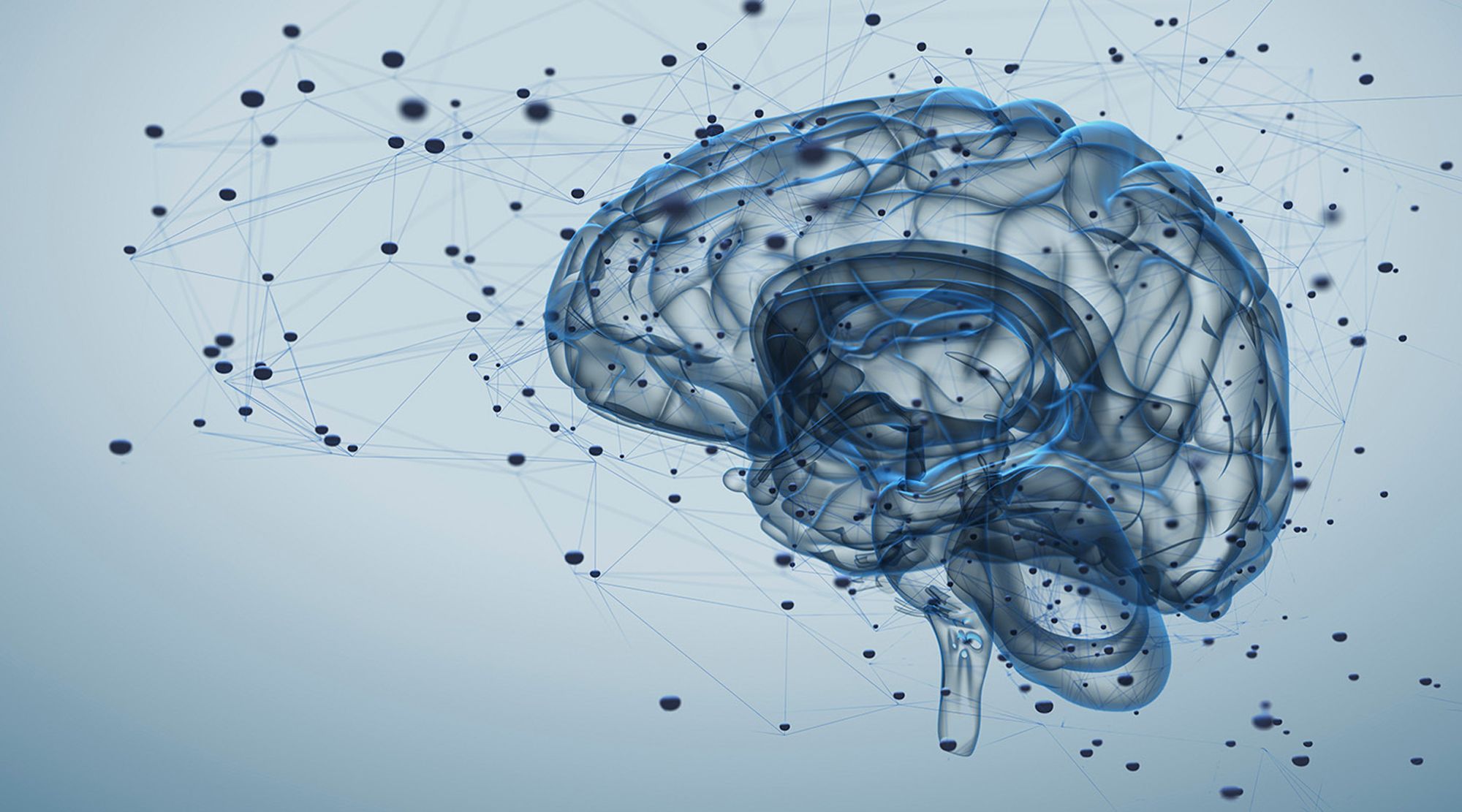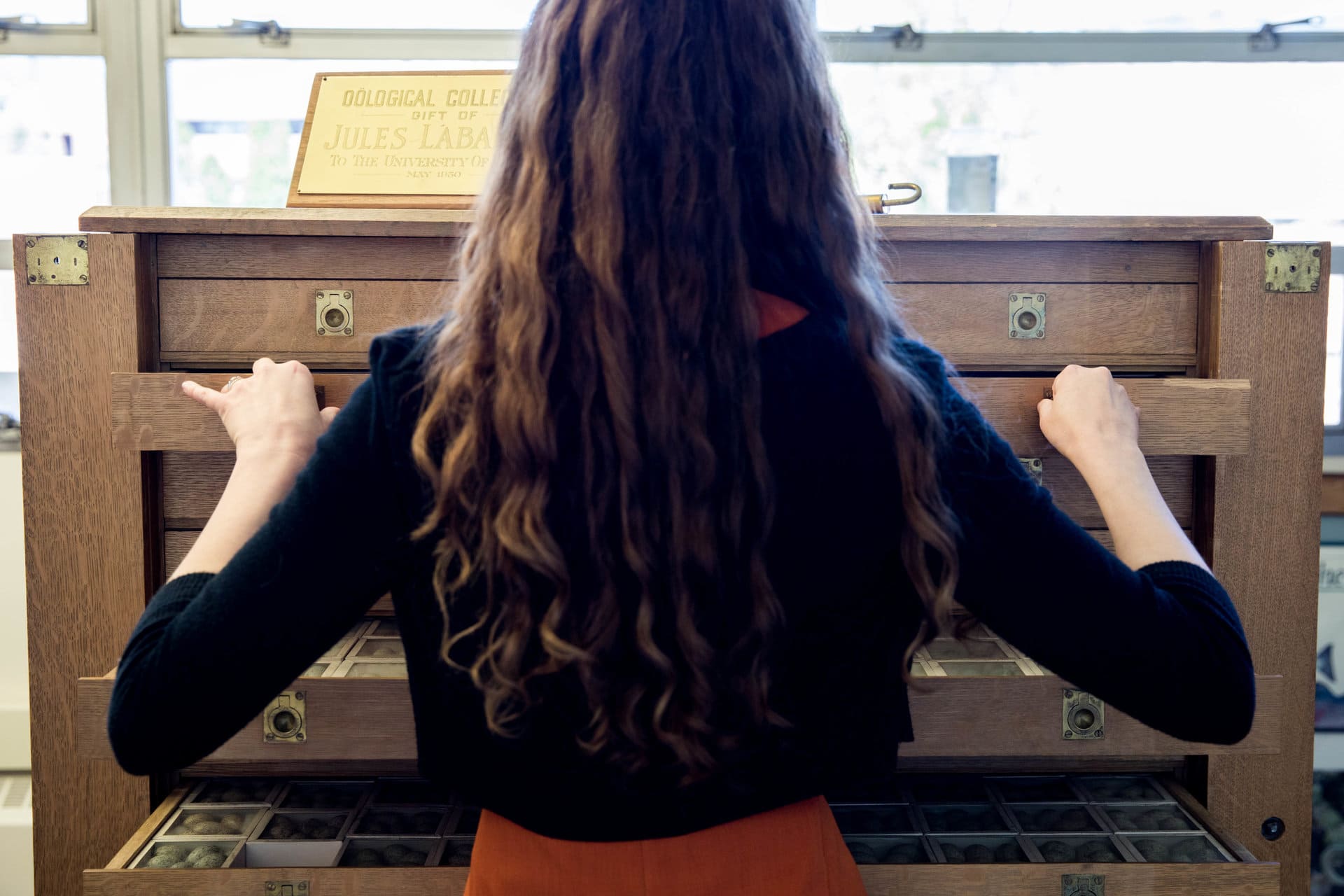NevadaToday
Updates for faculty and staff We would like to clarify and expand on some key points regarding COVID-19 reporting, employee testing and other aspects of how the University is keeping our campus safe.

Updates for faculty and staff
September 1, 2021
Dear Wolf Pack Family,
We hope the start of this semester has been enjoyable and full of possibility for all of you. Even with our excitement for a new academic year, the Delta variant of COVID-19 remains a major concern for our University and our community. We would like to take a few moments to clarify and expand on some key points regarding COVID-19 reporting, employee testing and a few other aspects of how the University is keeping our campus safe.
As we have previously mentioned, vaccinations continue to be our best line of defense in fighting the spread of COVID-19. We are continuing to strongly encourage vaccination for our students, faculty and staff. All of our students, faculty and staff, if they have not already done so, are being asked to get vaccinated as soon as possible. Appointments can be made through our Student Health Center for a vaccination or through a host of local health providers. The imperative here is clear: vaccination is not only for you, but also for the health and well-being of your family and friends, those you live and study with, and those you work with.
We have received questions regarding the State of Nevada’s implementation of a mandatory COVID-19 weekly testing requirement for all unvaccinated State employees. The testing mandate applies to all NSHE employees who receive a paycheck. This includes faculty, staff, post-docs, medical residents, graduate assistants, letters of appointment, student employees and hourly employees.
Human Resources worked with NSHE to establish the framework for processes for vaccine and testing documentation as well as weekly testing and sent initial details to faculty and staff on Monday, Aug. 30. We acknowledge that there is still work that needs to be done on our employee testing process. We have initial vaccination data that provides employees with verification of whether or not their vaccination has been officially recorded; however, there are still details to be determined on which designated official in each college/unit will verify testing results once the testing process has begun. HR will share this information as soon as it is determined.
As many of you are already aware, on Aug. 20 the Nevada State Board of Public Health voted to require the COVID-19 vaccine for all students attending NSHE institutions. Students must provide proof of vaccination by Nov. 1, 2021 to enroll in the Spring 2022 semester.
With the start of the semester, we have had positive cases reported on our campus. The University continues to provide a weekly report of COVID-19 cases on our campus through our COVID-19 dashboard. In addition to vaccinations and mask wearing, we need to remember that a complete public health toolkit is not complete without the following: regular handwashing and the practice of good hygiene; and staying home and not visiting public areas when you exhibit symptoms.
Because of the Delta variant’s prevalence in our community, we have received questions regarding how the University investigates and responds when there are positive cases reported on our campus. Please review the following below; it is a general outline of the measures the University is taking when there are reports of a positive test.
Positive test – investigation and response
- When a student receives a positive COVID-19 result from the Student Health Center, or self-reports their positive case, the Student Health Center will initiate a contract tracing process, which will help gather additional information about other possible close contacts on campus that may require quarantine.
- The person testing positive is to isolate immediately, per CDC recommendations.
- The Provost Office will then contact the student’s instructors via email informing them of the positive test result.
- For in-person courses, instructors should notify students that there has been a positive case reported in class without revealing the identity of the individual who has tested positive.
- In most classroom situations without seating charts, it is difficult to determine whether someone has been a close contact (less than six feet for more than 15 minutes) with a positive case. However, requiring masks and recommending COVID-19 testing are helpful mitigation strategies.
- Any unvaccinated students in the classroom should be advised to get a COVID-19 test, even if asymptomatic. These students should not attend class if they have symptoms. They may continue to attend class if asymptomatic.
- Any vaccinated students in the classroom, with symptoms, should not attend class and should also get a COVID-19 test. If asymptomatic, they may continue to attend class. The CDC does still recommend that these individuals get tested 3-5 days following a known exposure to someone with COVID-19.
- It is most important to ensure the student who tested positive does not attend class during their isolation period. The isolation period for someone testing positive for COVID-19 is 10 days from the start of symptoms or if asymptomatic, 10 days from the test date. The University is currently providing isolation rooms for those students who test positive and are living in the residence halls.
- Having a student test positive or symptom-positive student in a classroom/lab does not mean the class needs to be cancelled or taught remotely. Instructors should not conduct their in-person classes remotely unless they have received a specific public health directive to do so or have been in direct consultation with the Office of the Provost, the University’s chief medical officer Dr. Cheryl Hug-English, and the dean of their college/school.
- Instructors must provide students who have tested positive opportunities to make up missed course work, including assignments, quizzes or exams. In courses with mandatory attendance policies, instructors must not penalize students for missing classes due to a positive COVID-19 test. In addition, instructors should not penalize symptom-positive students who miss class because the student is acting out of an abundance of caution while awaiting test results It is the instructor’s prerogative whether to record classes for or provide synchronous remote access to students who are in isolation due to a positive COVID-19 test or who are awaiting the results of their COVID-19 test.
- The health of our instructors is of utmost importance to all of us. In addition to conducting in-person learning experiences that speak to the expertise, diligence, creativity and talent of our instructors, we are asking a great deal of our teaching faculty this semester. There is a public health component to each class on our campus, and we are fortunate to have faculty who have always distinguished themselves in being extremely diligent in making the health and well-being of their students a top priority. Instructors are advised, if a student tests positive in one of their classes, to get a COVID-19 test themselves if they have had close contact (less than six feet for more than 15 minutes) or if they are exhibiting symptoms. In the event an instructor tests positive for COVID, isolation should begin immediately. Consultation with the Office of the Provost, Chief Medical Officer Cheryl Hug-English and your dean should also begin immediately as to what next steps should be in presenting material during the isolation period.
- While we are working to notify faculty about positive COVID-19 cases, please be aware this may not occur in every situation due to circumstances beyond the University’s control. Faculty members are only notified if a student has attended their class while infectious, and the student has either been tested at the Student Health Center or completed a COVID-19 self-reporting form. However, students can test in many other community locations or with a home test, in which case the Student Health Center may not be notified. We acknowledge that there are instances where a student may learn of a positive test result, not report the result to the Student Health Center and go directly to their instructor with the result. Faculty in these instances should advise their student to fill out the self-reporting form so that the University is aware.
The Delta variant has produced many new COVID-19 cases in our community. Many of the federal benefits regarding leave during the pandemic expired late last year. Please review the latest policy for COVID-related leave. Students, faculty and staff are still being encouraged to stay home if they are sick.
Please keep in mind that the University continues to adhere to CDC, State and local mandates that regardless of vaccination status, all students, employees, and members of the public must wear masks indoors. Also, students, employees and members of the public who have not been fully vaccinated against COVID-19, are required to wear facial coverings outdoors while on campus and at all other University locations.
If there is one thing we have learned during the pandemic, it is that no matter how all-encompassing a policy or procedure might be, there are always scenarios where the answer is not always cut and dried. We have daily instances where questions arise that cannot be immediately answered with a memo or guidelines from public health entities. There will be times when the best and most expedient course is to reach out to one’s supervisor, one’s department chair, one’s dean or vice president, to the Office of the Provost or even to the Office of the President for assistance and guidance. This is what we are all here to do. Our faculty, as was mentioned earlier, face daily challenges that go far beyond the outstanding pedagogy that is practiced in our classrooms and in our labs. We cannot express our thanks enough to our faculty and staff for the transformational work they are doing; and as well, we wish to thank our students for doing all that they can in making good decisions based on the health and well-being of our entire campus community.
This continues to be the driving force for this academic year and remains our top priority – how we can best do the work that matters while ensuring all of our people remain safe and healthy. We are faced with unprecedented challenges – wildland fire that has destroyed several Sierra communities and continues to threaten Lake Tahoe, and an extended pandemic. The Delta variant is requiring all of us to remain vigilant against its spread in the community and to make sure that we understand that personal behaviors and personal choices are of the utmost importance. We must do all that we can to adhere to the public health measures set forth by the State of Nevada, Board of Regents, NSHE and Washoe County. We must continue to care about the other person – our classmate, our professor, our co-worker, our friend, our family member.
In our many travels and visits across campus this past week, we’ve been so impressed by what we’ve witnessed. The energy and excitement of our campus is palpable. There is also a sense of determination and focus – a sense that we are all in this together. Our students are benefitting from the tremendous work of faculty and staff who continually want to get things right, and who want to do the right thing. Let’s continue to look out for each other. Let’s continue to make this a semester characterized by decisions made that benefit not just a single person, but all of us. Let’s continue to Protect our Pack.
Go Pack!
Sincere regards,
Brian Sandoval
President
Jeffrey Thompson
Interim Executive Vice President & Provost
Cheryl Hug-English, M.D.
Student Health Center, Medical Director
Shannon Ellis
Vice President, Student Services
Vic Redding
Vice President, Administration & Finance
Mridul Gautam
Vice President, Research & Innovation
Lynda Buhlig
Interim Vice President, Development & Alumni Relations
Thomas Schwenk
Vice President of Health Sciences & Dean of School of Medicine
Jill Heaton
Senior Vice Provost
David Shintani
Vice Provost, Undergraduate Education
Steve Smith
Vice Provost, Information Technology & Chief Information Officer
David Zeh
Vice Provost, Graduate Education & Dean, Graduate School
Muge Akpinar-Elci
Dean, School of Public Health
Catherine Cardwell
Dean, University Libraries
Donald Easton-Brooks
Dean, College of Education and Human Development
Manos Maragakis
Dean, College of Engineering
Shadi Martin
Dean, School of Social Work
Katherine McCall
Interim Dean, College of Science
Matthew Means
Dean, Honors College
Debra Moddelmog
Dean, College of Liberal Arts
Greg Mosier
Dean, College of Business
Bill Payne
Dean, College of Agriculture, Biotechnology and Natural Resources
Melissa Piasecki
Acting Dean, University of Nevada, Reno School of Medicine
Al Stavitsky
Dean, Donald W. Reynolds School of Journalism
Debera Thomas
Dean, Orvis School of Nursing
Maria Doucettperry
Director, Title IX and ADA Coordinator
Mary Dugan
General Counsel
Michael Flores
Director of Government Relations and Community Engagement
Kerri Garcia Hendricks
Executive Director, Marketing and Communications
Eloisa Gordon-Mora
University Diversity & Inclusion Officer
Doug Knuth
Director, Intercollegiate Athletics
Shawn Norman
Associate Vice President, Planning, Budget & Analysis
Patricia Richard
Chief of Staff, President Sandoval



